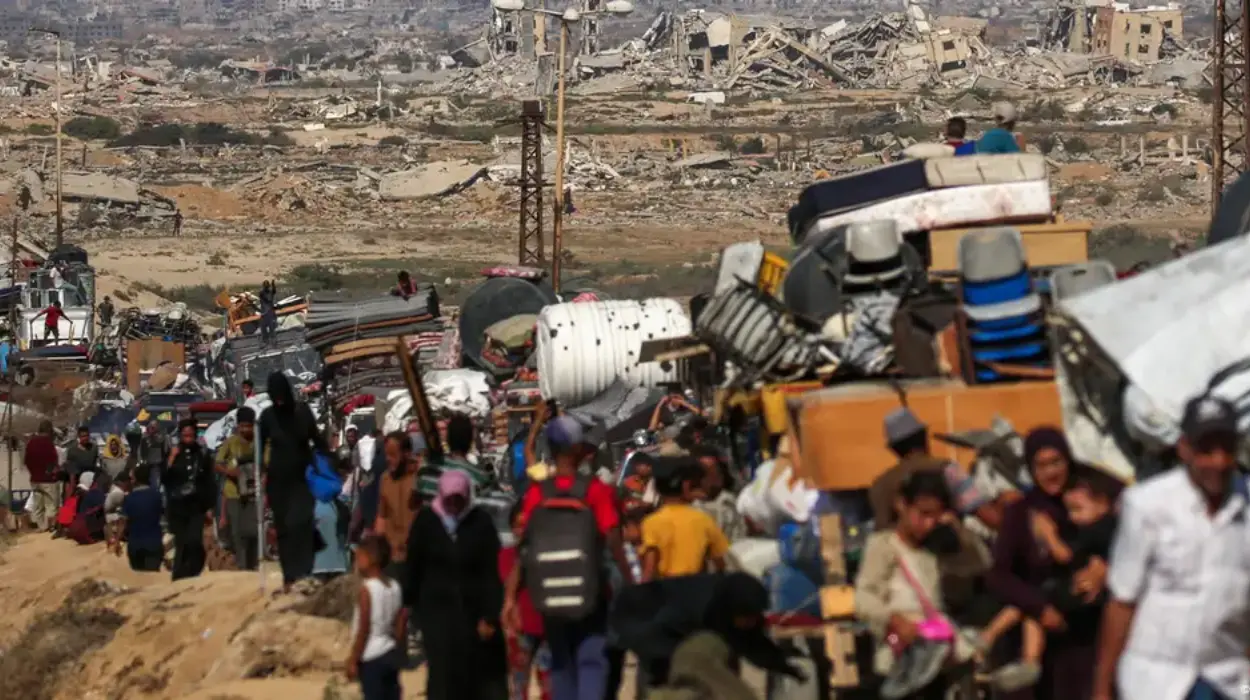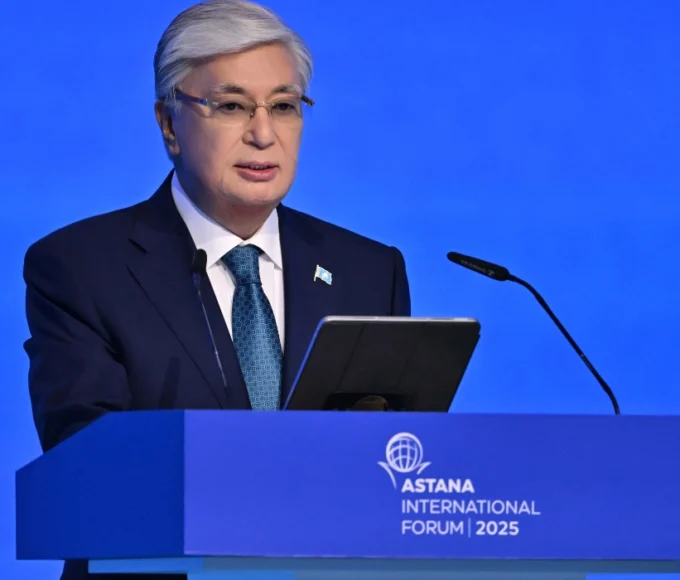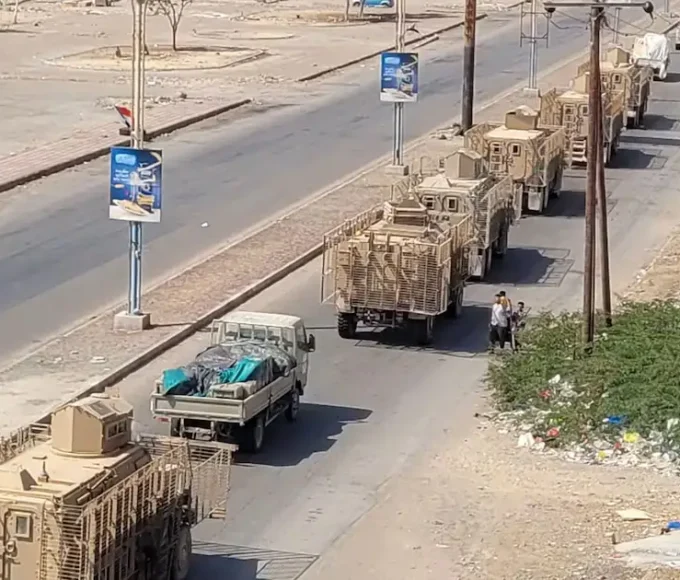The European Union, led by Commission President Ursula von der Leyen, has proposed a significant package of sanctions targeting Israel in response to the ongoing military operations and humanitarian crisis in Gaza. The sanctions aim to pressure Israel by suspending key trade privileges under the EU-Israel Association Agreement and imposing restrictions on extremist Israeli ministers. This move, announced in September 2025, demonstrates escalating international concern over Gaza’s deteriorating situation and Israel’s settlement expansion in the West Bank. However, the sanctions require approval from EU member states amid divided opinions, and Israel has sharply condemned the proposal.
EU’s Sanction Proposal: Key Measures
Suspension of Trade Concessions
The EU Commission recommends suspending certain trade provisions that benefit Israeli goods under the Association Agreement. This suspension spans 2025 to 2027, temporarily halting bilateral trade privileges as a direct response to Israel’s ongoing military offensive and blockade in Gaza.
Targeting Extremist Israeli Ministers
Two far-right Israeli government ministers face sanctions: Security Minister Itamar Ben Gvir and Finance Minister Bezalel Smotrich. Both have been accused by the EU of inciting violence in the West Bank and exacerbating regional instability.
Sanctions on Hamas Officials
EU proposals also include sanctions against ten members of the Hamas organization, shifting pressure onto both sides of the conflict. This reflects the EU’s broader approach to counterterrorism while addressing the humanitarian crisis.
Continued Support for Civil Society and Holocaust Memorial
The package carefully excludes any suspension of EU cooperation with Israeli civil society organizations and the Yad Vashem Holocaust memorial, underscoring the EU’s intent to differentiate between political measures and ongoing cultural/historical commitments.
Rationale Behind the Sanctions
Escalating Humanitarian Crisis in Gaza
European Commission President Ursula von der Leyen condemned the “horrific events” in Gaza during her September 2025 State of the Union address. She cited the worsening humanitarian situation marked by a blockade on aid, sustained military attacks—including a ground offensive—and the growing death toll among civilians.
Violation of EU-Israel Association Agreement
The Commission’s decision draws on Article 2 of the Association Agreement, which mandates respect for human rights and democratic principles. Israeli settlement expansions in the West Bank, particularly in the contentious E1 area, and acts undermining the two-state solution framework are cited as breaches justifying sanctions.
Urgency for Ceasefire and Humanitarian Access
Von der Leyen called for an immediate ceasefire, unrestricted humanitarian access, and the release of hostages held by Hamas. The EU’s move signals an urgent plea to mitigate suffering and restore stability.
Political Reactions and Challenges
Divided EU Member States
Despite the Commission’s assertive stance, EU member countries remain divided on imposing sanctions on Israel. Some members emphasize maintaining strong bilateral relations and strategic partnerships, complicating the swift adoption of the proposed measures.
Israel’s Strong Opposition
Israeli Foreign Minister Gideon Saar denounced the EU’s proposal as “regrettable,” accusing the Commission of succumbing to pressures aimed at weakening Israel-Europe relations. He reiterated that the humanitarian crisis is a result of Hamas’s atrocities and highlighted Israel’s own efforts to assist civilians.
Broader Context: EU’s Previous Measures and Ongoing Diplomacy
Earlier EU Actions
Prior to this package, the EU had suspended financial payments to Israel related to Gaza and proposed sanctions on extremist ministers, though some measures like restricting Israeli research funding lacked unanimous support.
Diplomatic Efforts and Regional Stability
The EU continues to navigate a delicate diplomatic path, balancing sanctions with ongoing negotiations aimed at ceasefire agreements, hostage releases, and broader peace initiatives.
Implications for Middle East Peace Prospects
Impact on Gaza and West Bank
The sanctions reflect growing international impatience with Israeli policies perceived as exacerbating the conflict. The deterioration in Gaza’s humanitarian situation and settlement expansions threaten to deepen divisions and complicate prospects for a negotiated two-state solution.
Signal to International Community
By proposing sanctions, the EU asserts its role as a major global actor advocating adherence to human rights and international law in the Middle East conflict, signaling consequences for violation
The European Union’s proposal to sanction Israel over the Gaza crisis marks a pivotal moment in international responses to one of the world’s most protracted conflicts. By suspending trade benefits and targeting extremist ministers, the EU aims to pressure Israel into halting military operations and respecting humanitarian norms. Nonetheless, internal divisions among EU members and Israel’s strong rejection pose challenges to immediate implementation. As the humanitarian situation in Gaza deteriorates, the global community watches closely, awaiting diplomatic breakthroughs and relief for civilians caught in the conflict.








